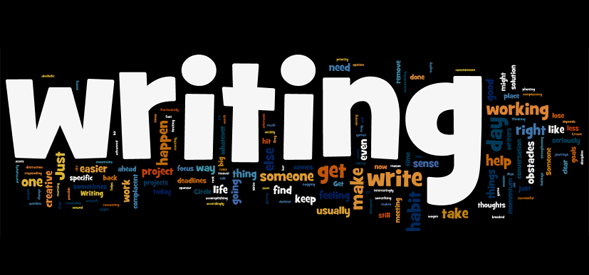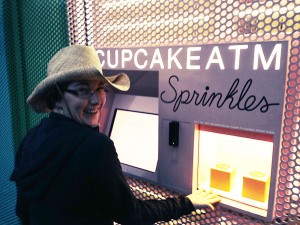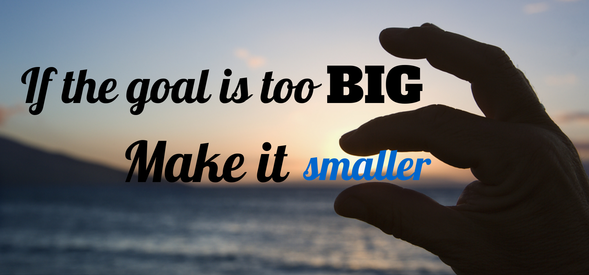The second class in my free Master Your Creative Productivity series was last night and we had a terrific time! With over 110 writers now signed up for the program, I’ve loved getting to work with the writers who’ve been able to be there live so far and I know more will be listening to the recordings.
In case you’ve missed the first two classes, you can still sign up for the four-part series (we’re continuing next week with Part III on Tuesday, March 22 at 4:30 p.m. Pacific Time).
You’ll get instant access to the recording archives when you register and you’ll also get the call-in information for the next class.
Here’s what we covered in the first two classes:
Part I: Powerful Tools to Help You Write Productively
- Defining what being productive means.
- 3 writing productivity principles.
- 5 time principles to help you be more effective with EVERYTHING you do.
- 7 writing productivity power tools you can put to use right away.
Part II: The Anti-Creativity Cycle and How to Break It
- Defining perfectionism and 5 thoughts about the role perfectionism plays in our writing lives.
- The Anti-Creativity Cycle of perfectionism, procrastination, and paralysis and a laundry list of ways it shows up.
- Other creative blocks and obstacles like impostor syndrome, fear of success and fear of failure, and more.
- 15 solutions and antidotes for the Anti-Creativity Cycle and other creative blocks.
Both recordings are 60 minutes each and include 15 minutes of Q&A time at the end of the classes.
Next Tuesday, March 22, for Part III, we’ll be covering Energy Strategies and Softer Skills to Keep you Operating at Peak Performance, and Recovery Skills for Whenever (or If Ever!) You Need Them.
Join us!
[otw_shortcode_button href=”http://programs.calledtowrite.com/creative-productivity/” size=”large” bgcolor=”#006666″ icon_type=”general foundicon-right-arrow” icon_position=”left” shape=”square” text_color=”#ffffff”]Register for the Series & Get the Recordings Here[/otw_shortcode_button]







 Note from Jenna: This is a guest post by Naomi Dunford, my friend and business consultant who runs IttyBiz.com.
Note from Jenna: This is a guest post by Naomi Dunford, my friend and business consultant who runs IttyBiz.com.


 He said, “Remember that cupcake we got out of the ATM in Beverly Hills? Remember how it was perfect?”
He said, “Remember that cupcake we got out of the ATM in Beverly Hills? Remember how it was perfect?”


